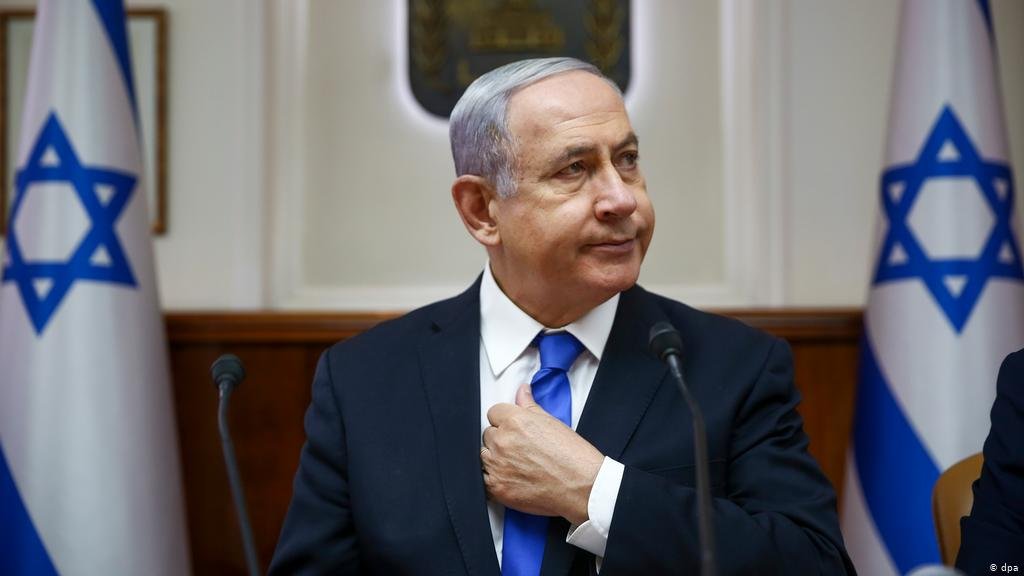Israeli Prime Minister Benjamin Netanyahu delivered a fervent speech to Congress, addressing both internal and external protesters. This was his first address to U.S. lawmakers in nearly a decade, coming in the wake of the October 7 Hamas attack, which resulted in 1,200 Israeli deaths and over 240 hostages taken to Gaza, with around 100 still held captive.
Netanyahu highlighted the strong bond between the U.S. and Israel, drawing parallels between October 7 and historical tragedies like Pearl Harbor and 9/11. He urged for American-Israeli unity in the struggle for civilization.
He responded to criticisms and protests regarding his management of the Gaza conflict by accusing some protesters of supporting Hamas and being influenced by Iran. Despite President Joe Biden’s recent critiques of his war strategy, Netanyahu expressed gratitude to U.S. leaders from both parties, including Biden and former President Donald Trump.
Netanyahu condemned the International Criminal Court (ICC) for issuing an arrest warrant against him and other Israeli leaders, arguing that the court was obstructing Israel’s defense efforts. He disputed allegations that Israel deliberately targeted Palestinian civilians or blocked humanitarian aid.
American hostage families were present at the speech and planned to meet with Netanyahu and House Speaker Mike Johnson afterward. These families voiced their dissatisfaction with Netanyahu’s visit, hoping the U.S. would press him to agree to a ceasefire.
Progressive lawmakers, including Rep. Rashida Tlaib, protested Netanyahu’s address, with Tlaib holding a sign accusing him of war crimes. Several protesters were arrested by Capitol Police both inside and outside the chamber.
The invitation for Netanyahu’s speech, extended by House Speaker Johnson and Senate Majority Leader Schumer, highlighted the GOP’s support for Israel and exposed divisions among Democrats over Netanyahu’s policies. Prominent Democrats, including Vice President Kamala Harris, chose to boycott the speech.
This was Netanyahu’s fourth address to Congress, making him the most frequent foreign leader to do so. The speech was compared to his 2015 address, which was also politically charged. Enhanced security measures were in place around the Capitol, leading to several arrests during the protests.
A letter obtained by NBC News revealed concerns from over two dozen former senior Israeli security officials about the potential negative impact of Netanyahu’s visit on U.S.-Israel relations.


